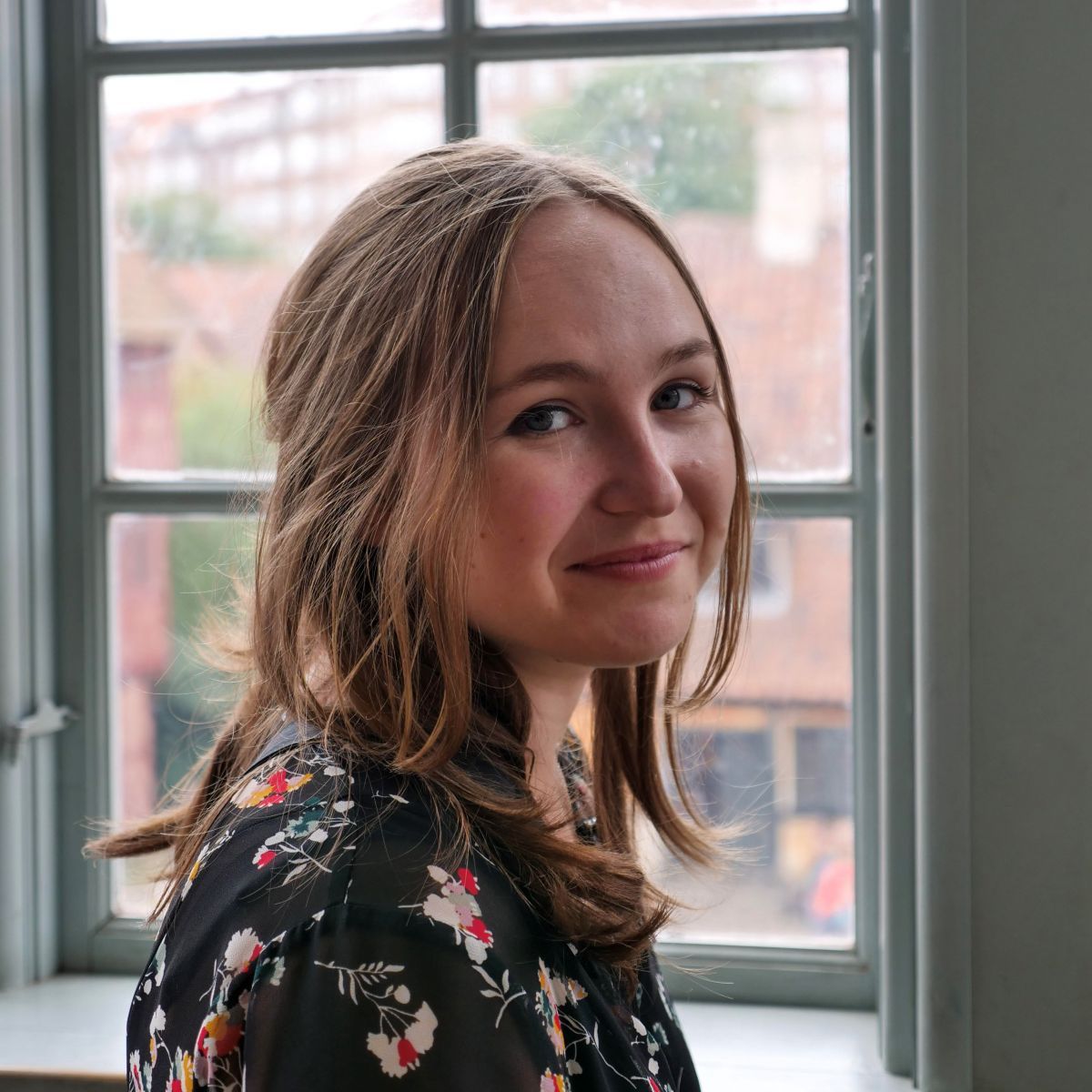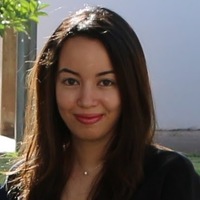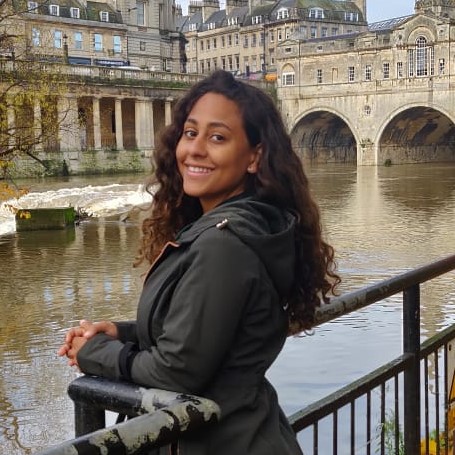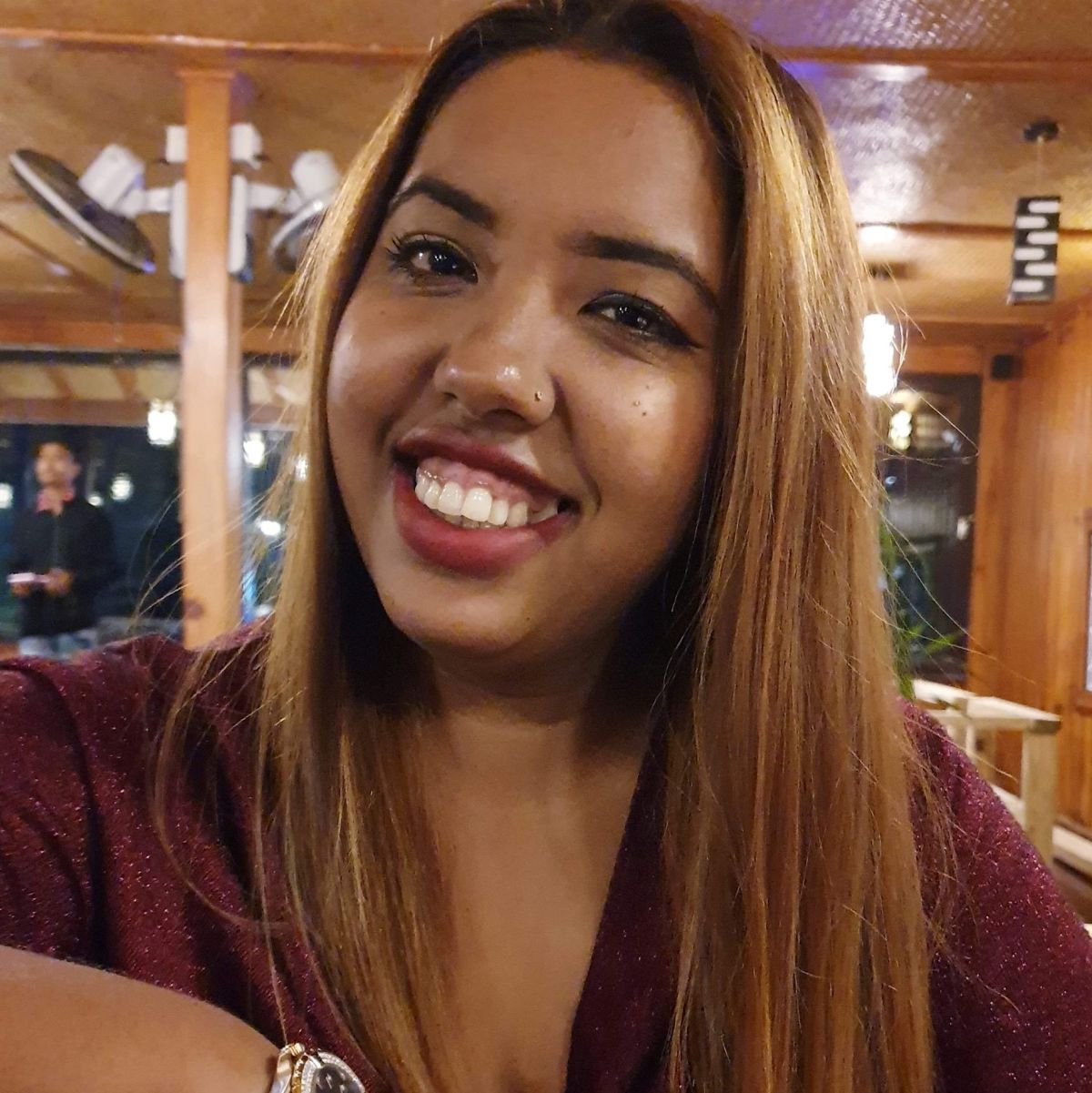Gender-based Hiring in Engineering: Insulting Today, Inspiring Tomorrow
I have been fortunate to be shaped by incredible women in my field, and it is my conviction that with time, my experience will be less of an anomaly.
United States, Northern America
Story by Izzy Bauman. Edited by Rick Scherpenhuizen
Published on November 22, 2020.
Reading time: 5 minutes
This story is also available in 


Listen to this story:
It is a well-known fact that the world of engineering is dominated by men. In the summer of 2019, the Technical University at Eindhoven in the Netherlands announced that in the next 18 months, the university would only be hiring women[1]. This was a direct response to the revelation that only 15% of their faculty were female[2]. We face similar statistics here in my home country (the US): only 17.4% of faculty colleges of engineering in the U.S. are women[3].
Some years before, in 2017, I was an intern at an engineering firm where one in twenty engineers was a woman. One afternoon, while my coworker was at my desk, a client came up to us and told my coworker that his nephew would love to have an internship at our firm. My coworker replied that he probably wouldn't get the job because "we only hire female interns''. When I countered that half the interns were male, he defended himself by implying that the company will hire women who are not as talented as men, just to have more women. I had to excuse myself so I wouldn’t get publicly upset. When I came back, the client leaned over to my coworker and said, jokingly, "ooh she's mad at you". Later, I cried silently on the train home.
I am not an engineering professor, but I have been affected by the biases they face. My greatest mentor during my Bachelor’s degree was repeatedly denied a promotion by department heads who insinuated that her obligations as a mother would get in the way of her performance. I was devastated to see someone I admired so dismissed. It is disheartening to see the gender bias played out so plainly - a bias that I will inevitably face in my own career as well. Yet I feel inspired to share her story – she is the reason I loved fluid dynamics[4] and led me to the internship in wind energy that shaped my career trajectory.
In its new measure, TU Eindhoven recognizes the benefits of diversity and seeks to overcome the inherent gender-based prejudice present in the hiring process. A 2012 study found that both female and male science faculty members “rated the male applicant as significantly more competent and hirable than the (identical) female applicant, selected a higher starting salary and offered more career mentoring to the male applicant”[5]. Although it upsets me, I am not shocked by this statistic – it took me years to unlearn my bias that the boys in my class were ‘naturally’ more talented at math.
I have been fortunate to be shaped by incredible women in my field, and it is my conviction that with time, my experience will be less of an anomaly. As I progress in my engineering career, I hope that I might grow in my capacity to mentor and advocate for those women who will shape future solutions. In an ideal world, universities will allocate more weight in their hiring decisions to the intangible ways how women and under-represented minorities will improve their departments. Despite the short-term reinforcement of gender-based bias, quotas inarguably provide a way to drastically increase female presence in TU Eindhoven’s faculty. My heart reaches out to those women who apply despite being insulted by the notion that they can only be competing against other women.
Regardless, I am hopeful that when they are hired, they will go on to inspire a new generation of scientists. A generation who will not question the need for a diversity of perspectives and intellects to solve the world's most pressing problems.
Footnotes
[1] TU/e vacancies for academic staff exclusively for women for the time being
[2] How a Dutch university aims to boost gender parity
[3] ENGINEERING BY THE NUMBERS
[4] In physics and engineering, fluid dynamics is a subdiscipline of fluid mechanics that describes the flow of fluids—liquids and gases.
[5] Moss-Racusin, C. A., J. F. Dovidio, V. L. Brescoll, M. J. Graham, and J. Handelsman. "Science Faculty's Subtle Gender Biases Favor Male Students." Proceedings of the National Academy of Sciences 109, no. 41 (2012): 16474-6479. doi:10.1073/pnas.1211286109.
How does this story make you feel?
Follow-up
Do you have any questions after reading this story? Do you want to follow-up on what you've just read? Get in touch with our team to learn more! Send an email to [email protected].
Talk about this Story
Please enable cookies to view the comments powered by Disqus.
Subscribe to our Monthly Newsletter
Stay up to date with new stories on Correspondents of the World by subscribing to our monthly newsletter:
Tags
Topic: Gender
> Morocco
The Girl in the Skirt
A story by Hajar Lassiliya
4 min
You may wonder what is it like to be a woman who lives in a country that lacks security? Read more...
> India
Breaking boundaries: A lifelong journey to fight injustices in India
A story by Sanjoli Banerjee
7 min
Sanjoli grew up in a family dedicated to gender equality and climate activism - and now runs a respected NGO concerned with these issues herself. Still, being a young, female changemaker from a rural area, she is heard far less than others in her position. Read more...
> Germany
Growing up in a Straight World
A story by Luca Kraus
3 min
Retrospectively, it comes as no surprise. Everything around me gave me the impression that there was only one sexuality within society. From tv shows I watched to books I read, couples and families I knew, conversations with my friends, and things that we were taught in school. Read more...
Explore other Topics
Get involved
At Correspondents of the World, we want to contribute to a better understanding of one another in a world that seems to get smaller by the day - but somehow neglects to bring people closer together as well. We think that one of the most frequent reasons for misunderstanding and unnecessarily heated debates is that we don't really understand how each of us is affected differently by global issues.
Our aim is to change that with every personal story we share.
Community Worldwide
Correspondents of the World is not just this website, but also a great community of people from all over the world. While face-to-face meetings are difficult at the moment, our Facebook Community Group is THE place to be to meet other people invested in Correspondents of the World. We are currently running a series of online-tea talks to get to know each other better.


























